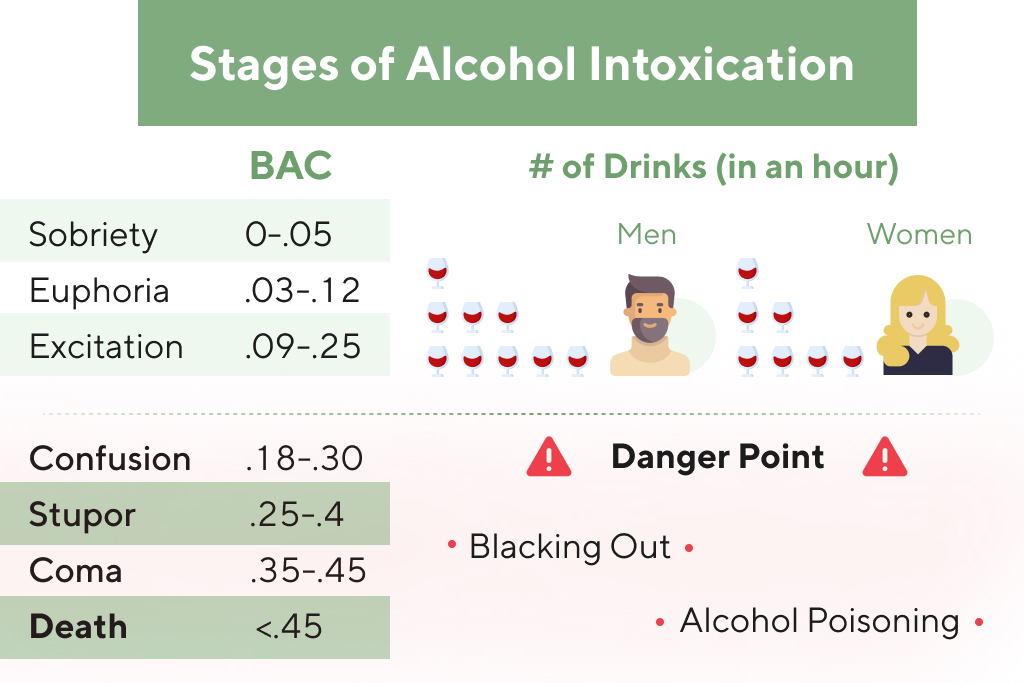Alcohol can hinder a person’s ability to articulate thoughts clearly, listen actively, and interpret nonverbal cues accurately. The influence of alcohol on the brain can lead to slurred speech, reduced cognitive function, and decreased attention span. Spouses of partners with alcohol use disorders report decreased satisfaction and increased depression, anxiety, and stress. The authors indicated that negativity expectedly increased from baseline to experimental interactions among husbands assigned to the alcohol condition only. This investigation further revealed a partner effect in that negativity significantly increased only among wives of husbands who had been assigned to the alcohol condition.
The Influence of Alcohol on Divorce
It is important for individuals and couples to address broken promises and trust issues in a supportive and understanding manner. Open and honest communication, along with professional guidance if needed, can help rebuild trust and strengthen the relationship. One of the effects of drug addiction alcohol on emotional intimacy is the potential for emotional disconnection.
The Link Between Alcohol and Relationship Issues
If the results indicate any issues, it might be time to ask yourself about the role alcohol plays in your life. For those in romantic relationships, couples counseling can help partners communicate more effectively, rebuild trust, and establish healthy boundaries. Ultimately, alcohol destroys relationships by breaking down trust and creating a sense of insecurity. Constant disappointment, worry, and feeling let down can lead to resentment and anger, damaging bonds with partners, family, and friends.
Effects of Alcohol on Communication

Thus, we will explain the model where only the two-way interaction was significant, and then explain the models where the three-way was significant. The effects of alcohol use disorder (AUD) are far from limited to the person with the drinking problem. Their close loved ones are often directly impacted by the consequences of the addiction, and the damage that AUD leaves behind can make maintaining healthy relationships difficult or impossible. Alcohol impairs judgment and increases impulsivity, making it difficult for partners to communicate effectively.

It’s important to be honest with yourself about the role alcohol plays in your life. Reflect on how often you turn to alcohol and whether it’s become a crutch for handling emotions or situations. Naltrexone pills can be prescribed to a person who is still drinking to help them reduce their alcohol intake. It can be difficult to understand that continued alcohol use is not a choice for people with alcohol use disorder. Mental health conditions are often not respected in the same way that physical health conditions are. Particularly, substance use disorders are not thought of in the same way as other health issues.
RECOVERY PODCAST
Adres güncellemeleriyle sorunsuz bağlantı sağlayan bettilt önemlidir.
Excessive alcohol consumption often negatively impacts intimacy, as the individual pulls away to drink at bars or with others. Active addiction can also lead to a decreased sense of honesty and reliability, as the individual lies about their behavior and whereabouts, and breaks promises. By definition, any given instance of IPA between intimate partners requires a perpetrator and a target/victim. As such, researchers have tended to focus on either the causes (i.e., perpetrators) or the consequences of IPA (i.e., victims).
- If these signs resonate with your relationship, seeking professional help can be beneficial.
- You might rationalize these effects or downplay their significance, allowing alcohol to maintain its hold.
- Some individuals experience substance codependency, which means they may have an unhealthy relationship with drinking but depend on alcohol to help them cope with their problems.
- One final study design involves event-based analyses comparing the risk for IPV following alcohol consumption with the risk for IPV at times during which alcohol was not consumed.
- If you’ve noticed that you’re only doing activities with your partner that involve alcohol, try to find other ways to spend time together without drinking.

The link between alcohol abuse and poorer relationship outcomes is well established (e.g., Dawson et al., 2007; Leonard & Eiden, 2007; Leonard & Rothbard, 1999; Marshal, 2003). However, it is currently unclear whether the effects of alcohol misuse on relationship functioning are the same for men and women. This research focus may also be because of the extent to which AUDs have historically been theorized as a “male” problem (Haber & Jacob, 1997). In fact, relationship functioning is reported to be the poorest in relationships with discordant alcohol consumption, such that husbands are heavy drinkers and wives are not (Roberts & Leonard, 1998).
Canlı maç heyecanı yaşamak isteyenler bettilt sekmesini kullanıyor.
- In the United States, certain communities may face additional barriers to treatment, including a lack of access to quality care, cultural stigma around mental health and addiction treatment, or financial barriers to getting help.
- Professionals can provide family support for loved ones affected by addiction and help individuals reach recovery at the same time.
- While recovery from alcohol addiction presents considerable challenges, research shows encouraging outcomes when couples commit to healing together.
- One of the key signs of codependency with alcohol is using it as an emotional coping mechanism.
Not only can alcoholism wreak havoc on someone’s personal life, but also it dramatically affects every single relationship they are a part of. Perhaps, the most significant and most detrimental impacts come at the level of intimacy, partnership, and marriage. Alcohol destroys many romantic relationships, results in estranged marriages and causes a huge discourse between families.
Understanding Co-Dependency In Dual-Diagnosis Treatment
By prioritizing open communication, consent, and making informed choices about alcohol consumption, individuals can work towards maintaining alcohol and relationships a strong and fulfilling relationship. One of the notable effects of alcohol on relationships is the impairment of communication skills. Alcohol acts as a central nervous system depressant, affecting cognitive function and inhibiting clear and effective communication. Under the influence of alcohol, individuals may experience difficulties expressing themselves clearly, articulating thoughts, and maintaining coherent conversations.